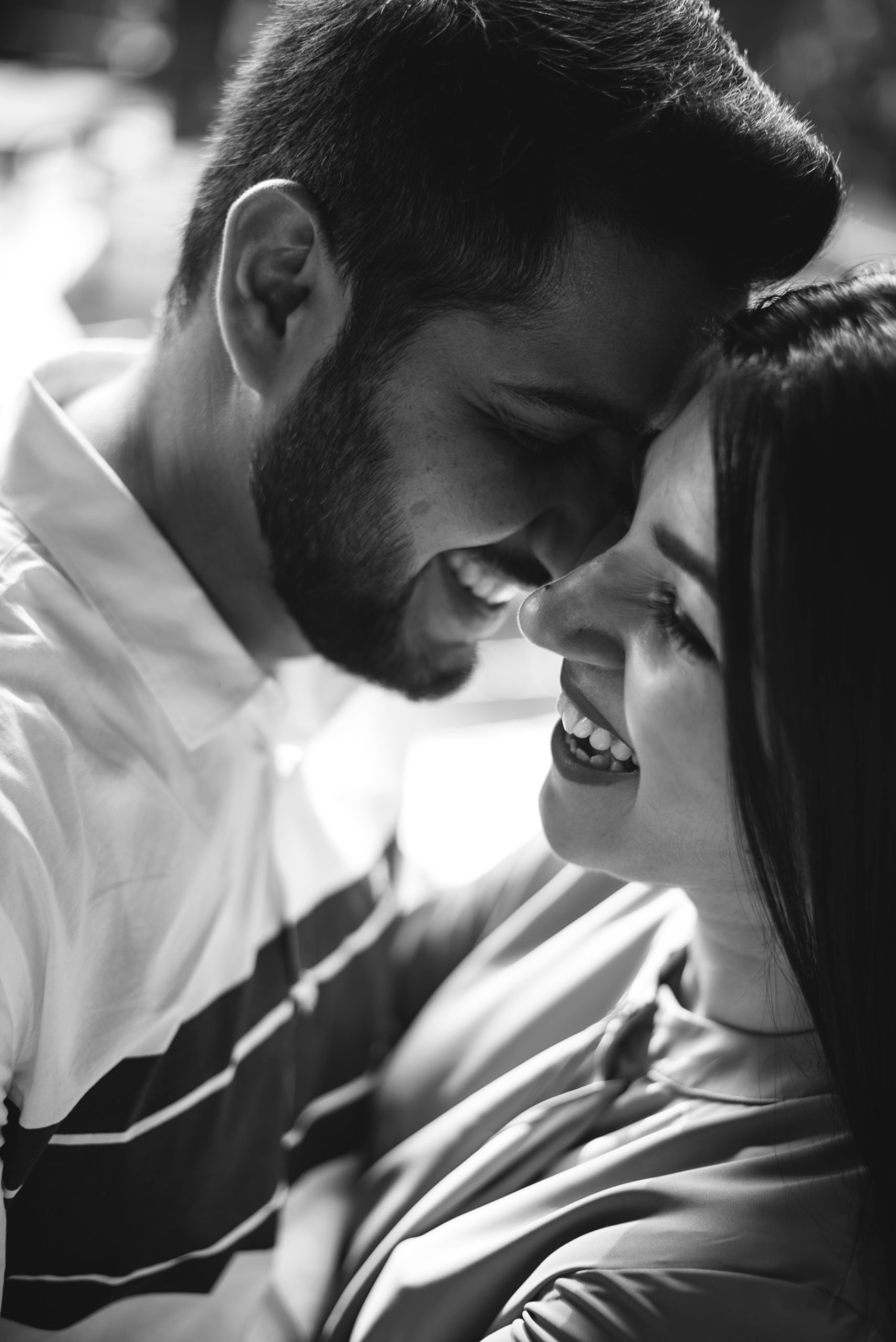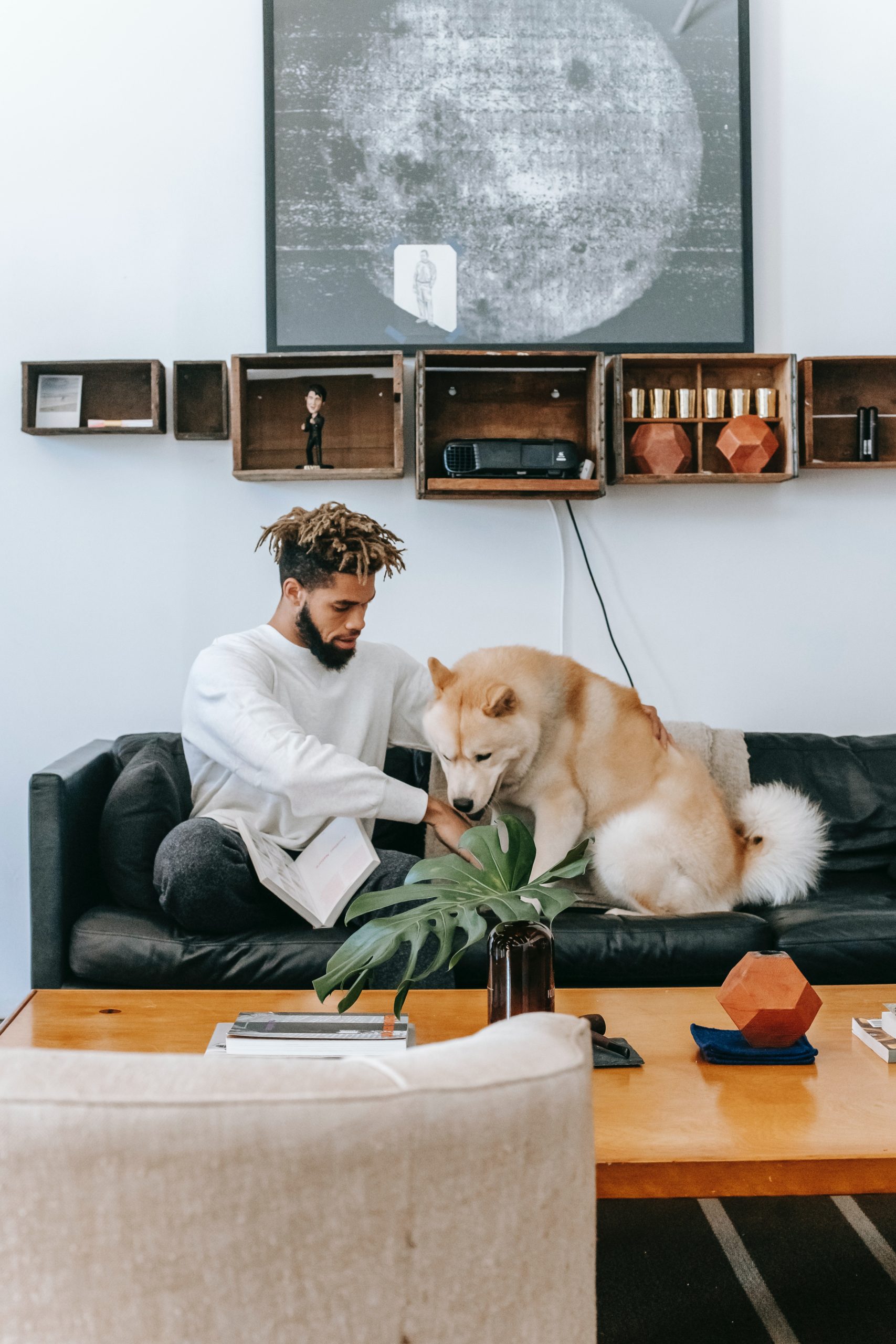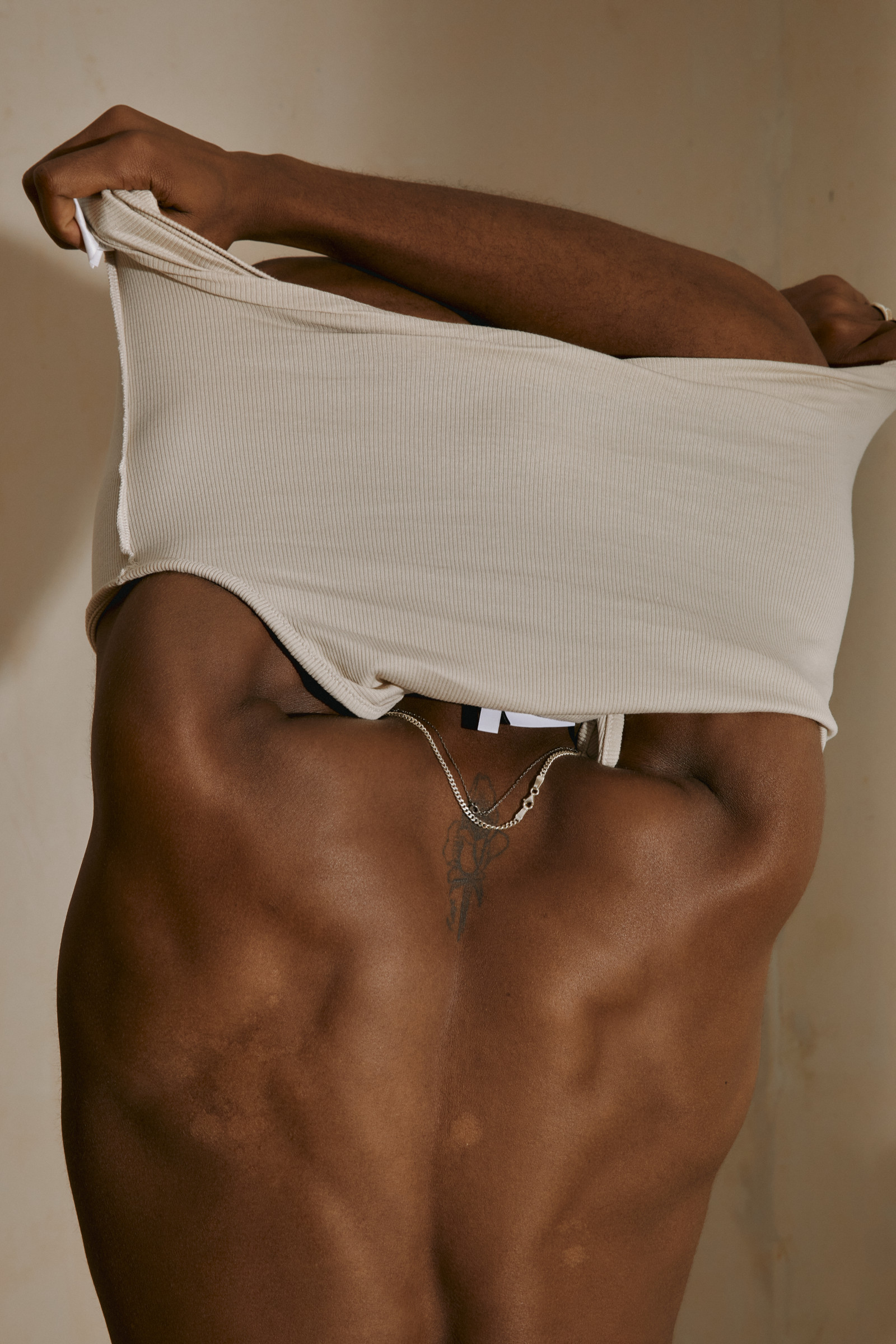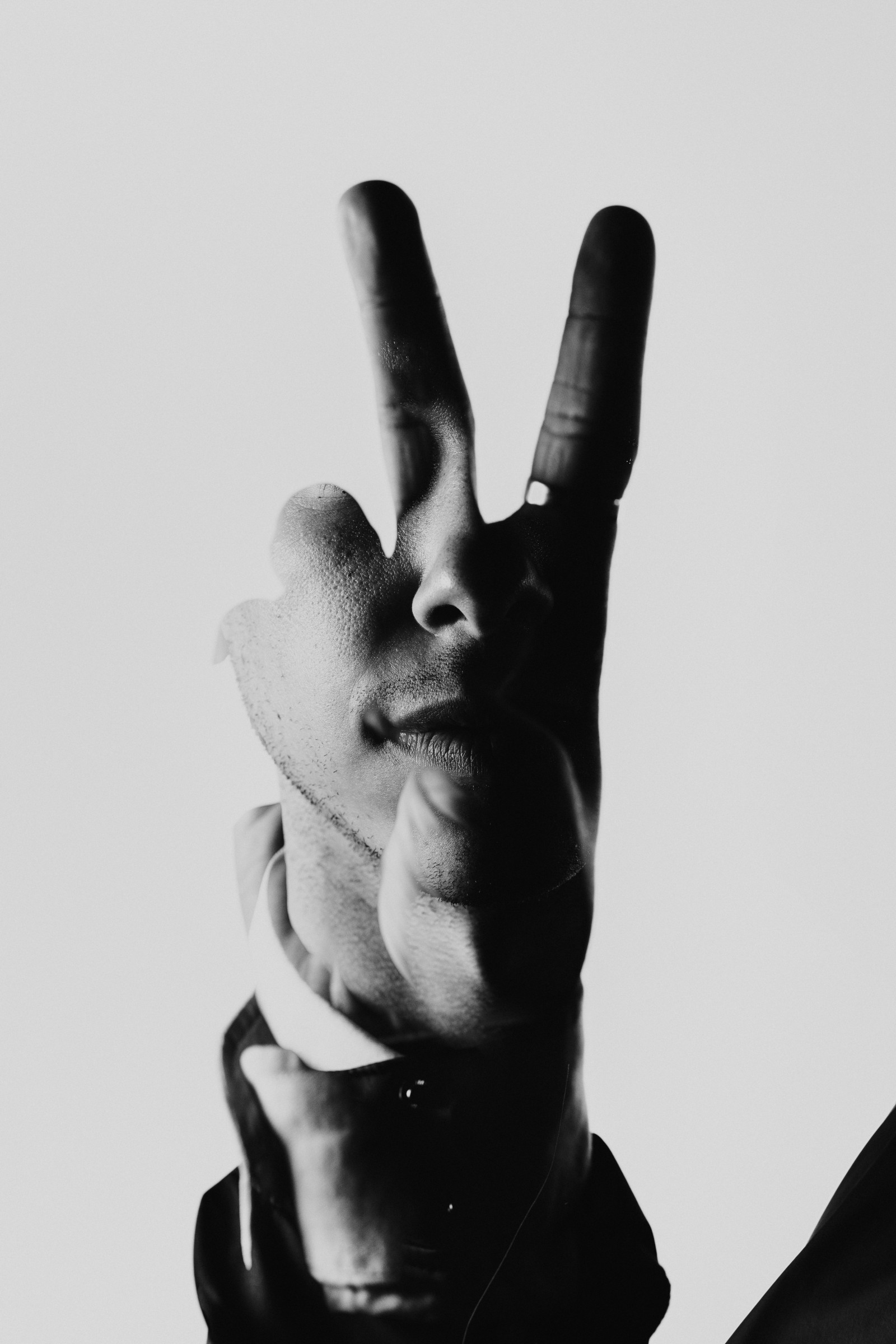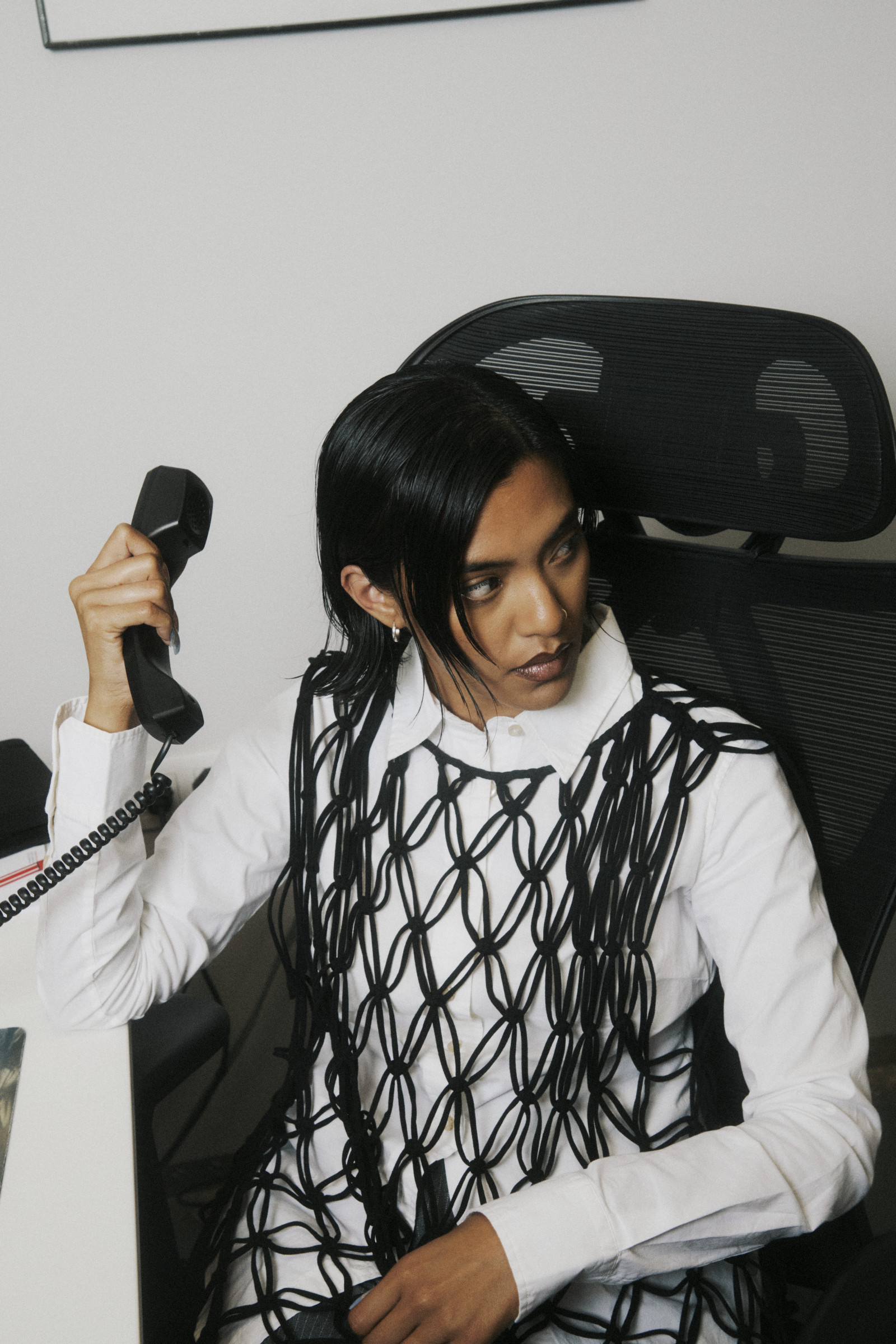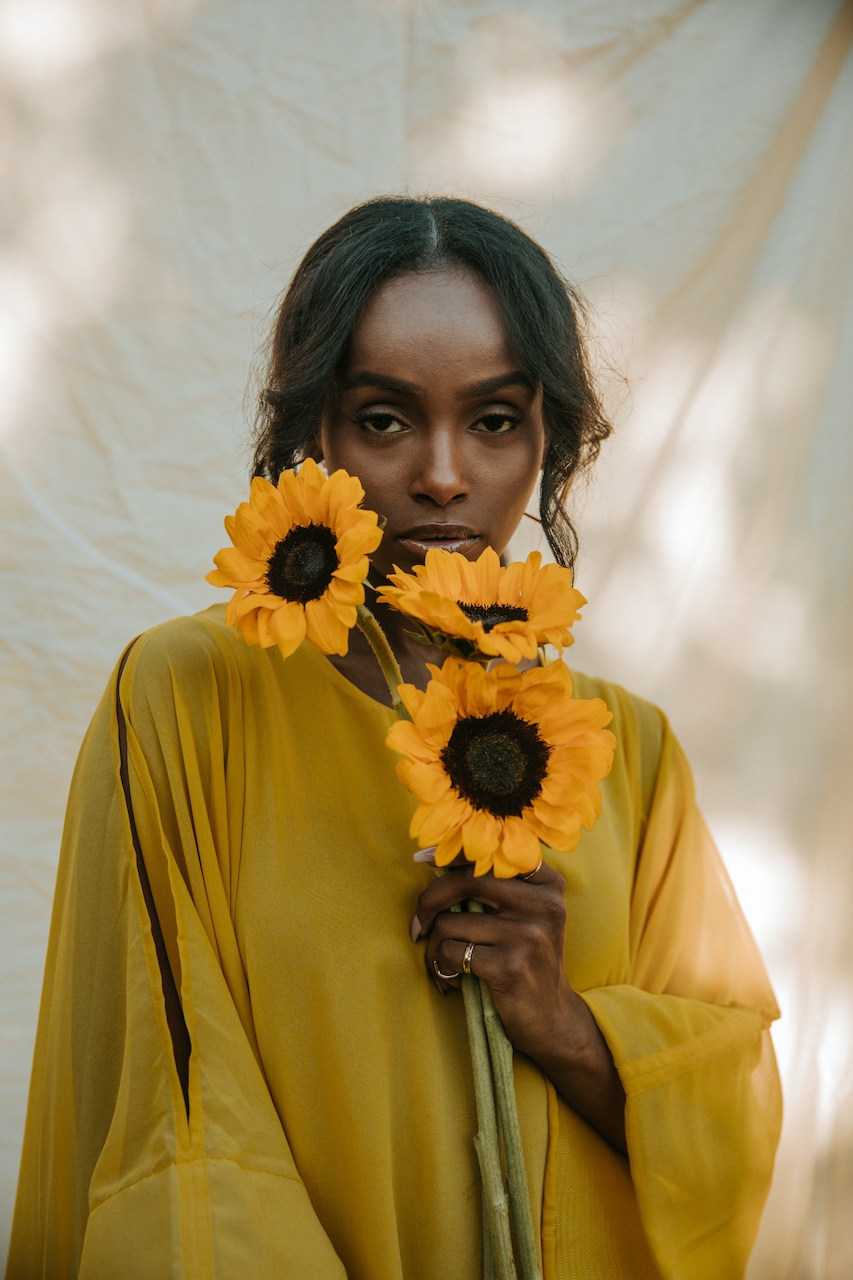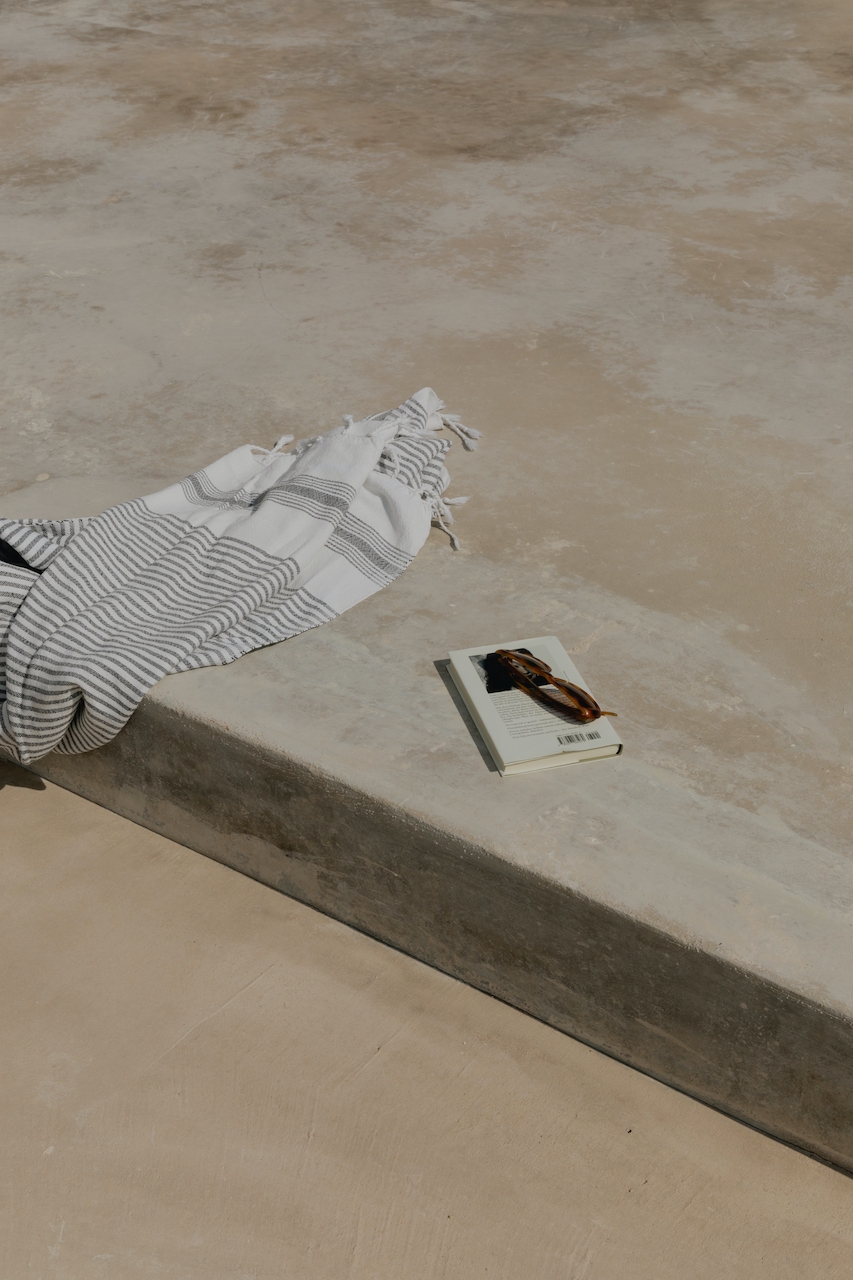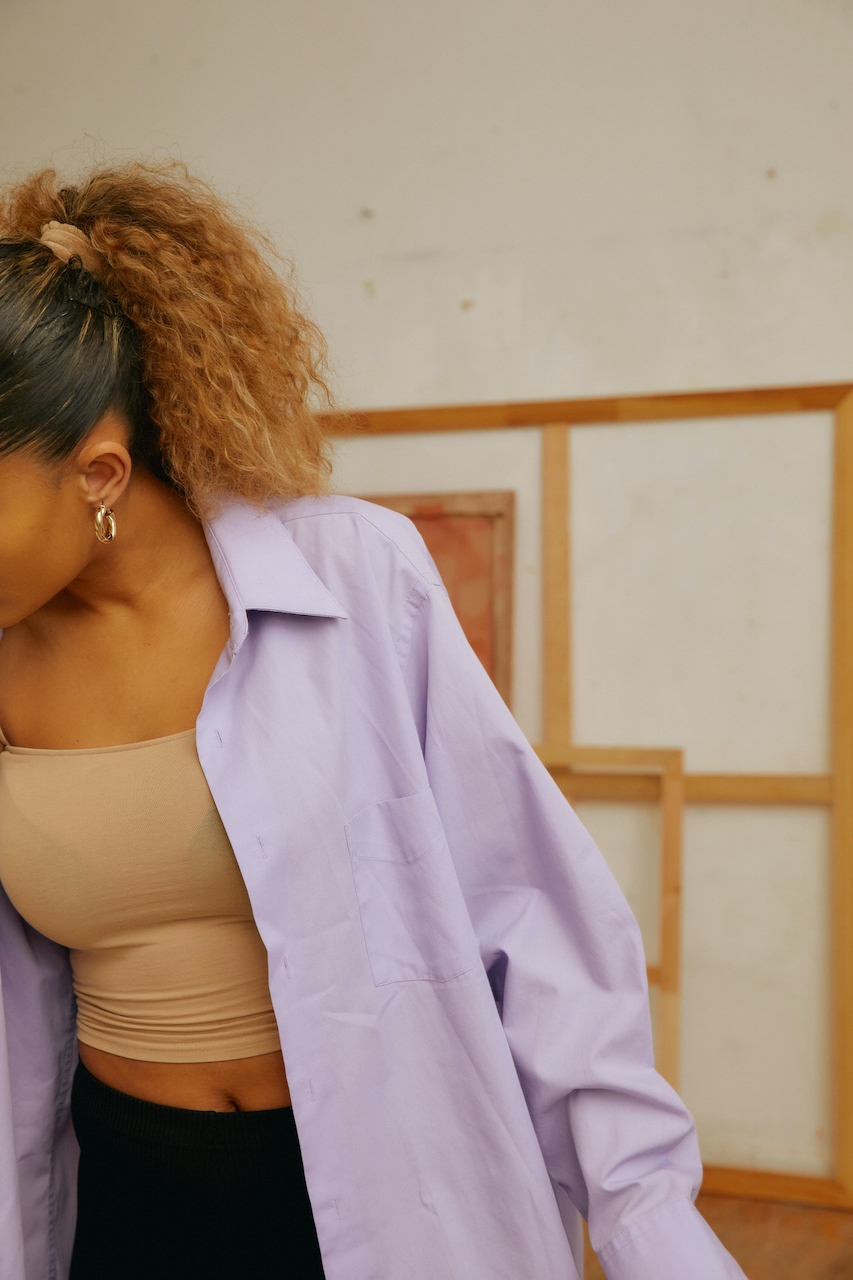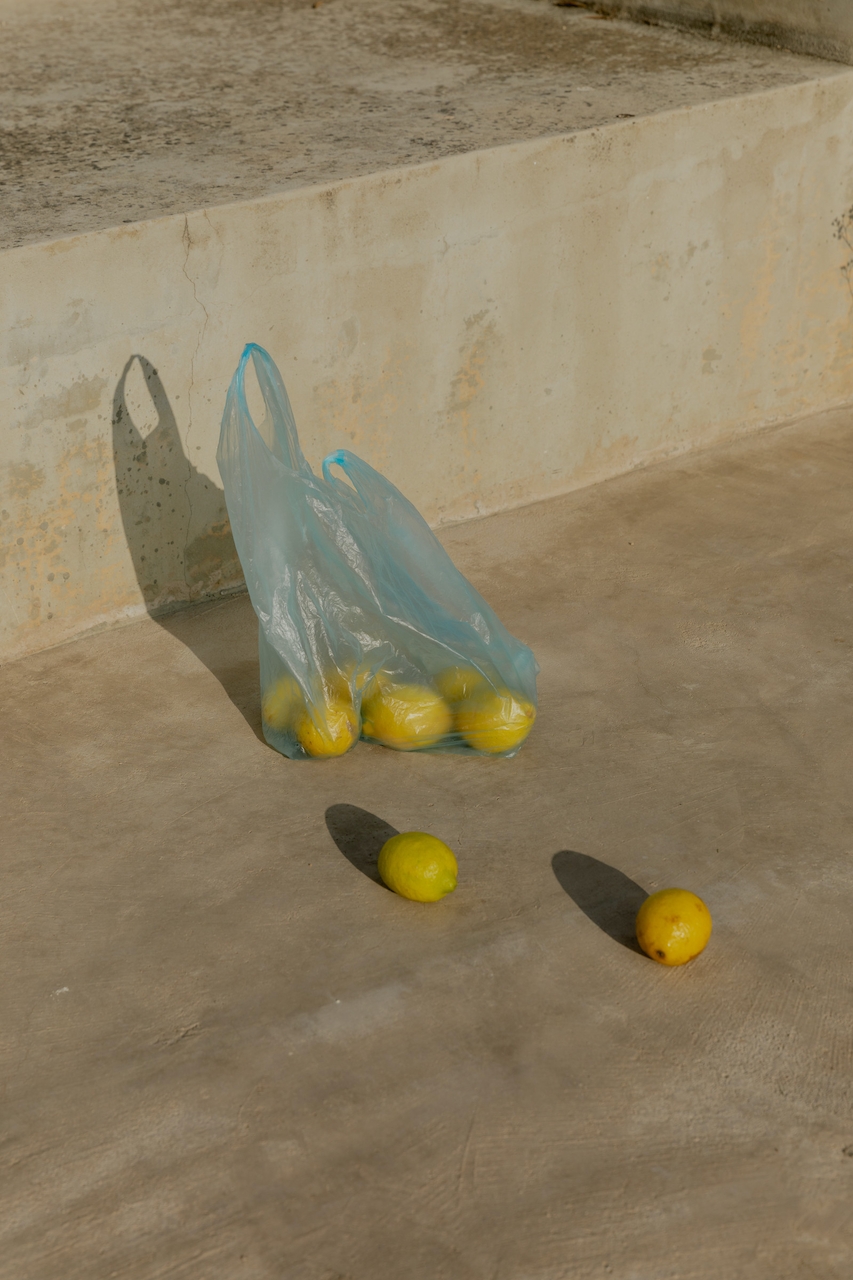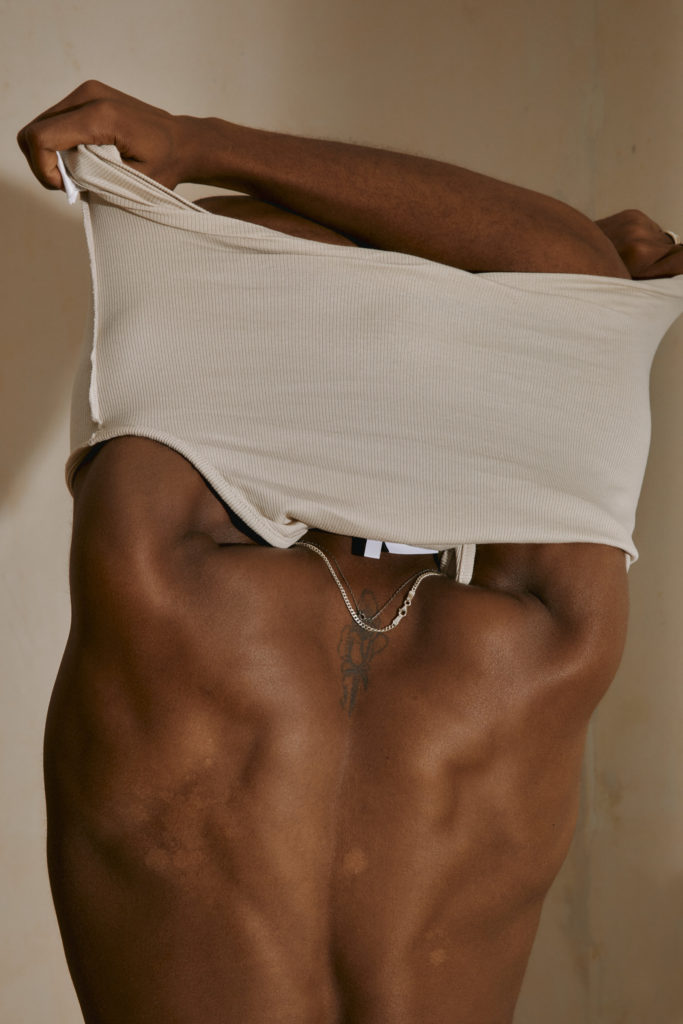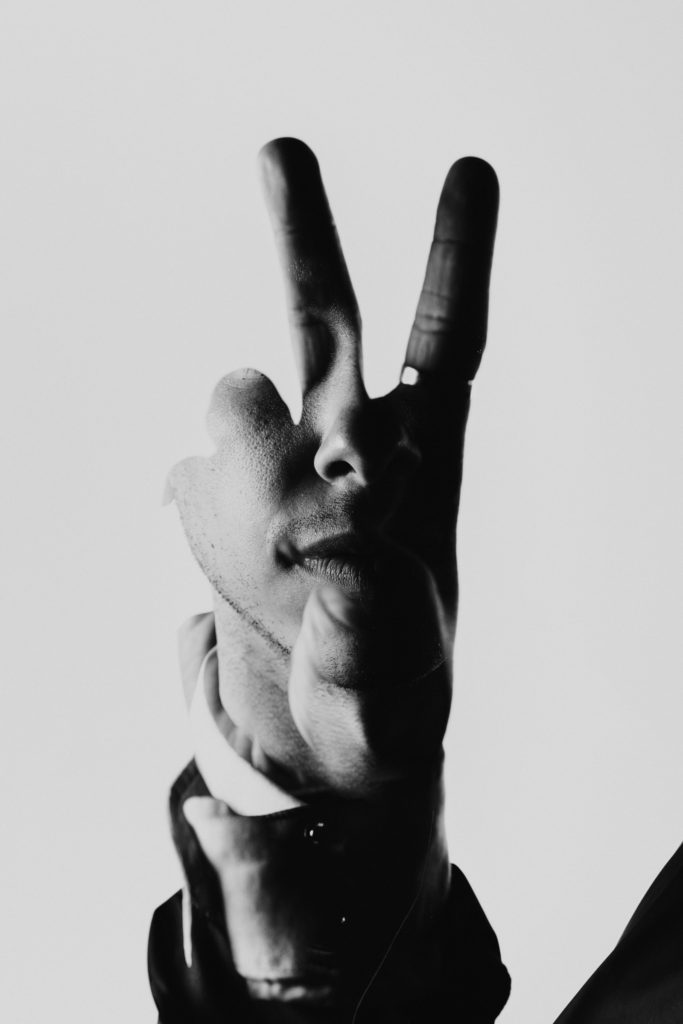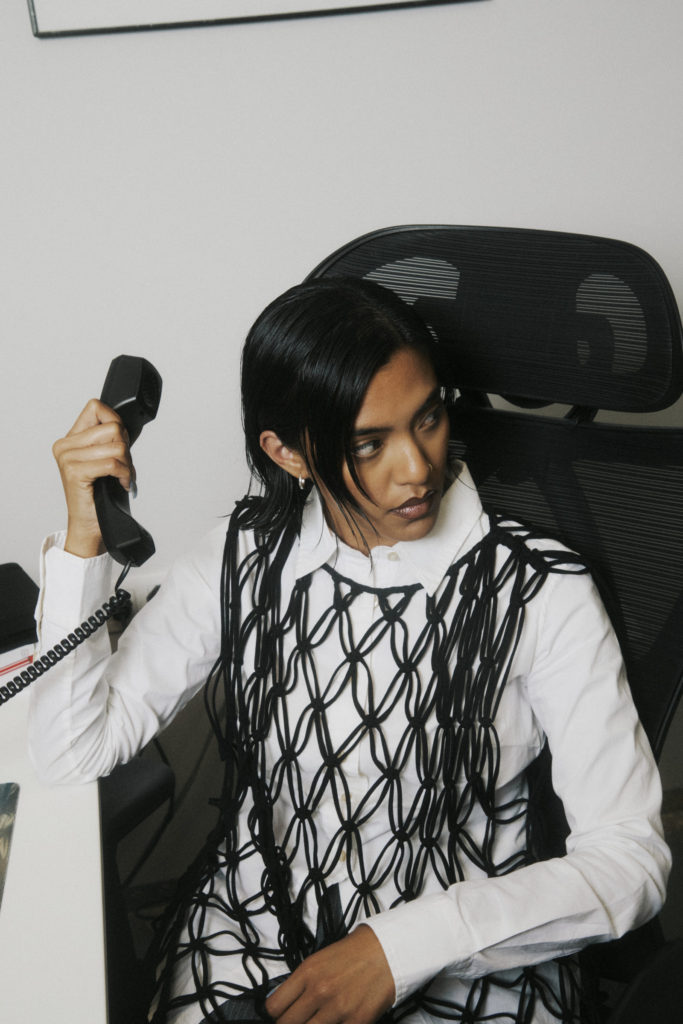
In the first phases of self-discovery, having the capacity to focus on yourself is integral. There’s no easy way to put it – it’s just not the most ideal time to simultaneously entertain a serious, romantic partnership that requires you to prioritize someone else’s needs (sometimes) above your own. If you do, you’re likely to find yourself putting up defense. You may find it difficult to show your partner your authentic self when you’re in such a vulnerable space. When you’ve accepted you have room to grow and things to learn (and if you’re actively taking advantage of opportunities to do so) – you’re in your rawest emotional state ever.
With that said… When love strikes, it’s hard to push it away. Who wants to do that anyway? Who doesn’t want to experience the passionate, intimate bliss of a blossoming relationship? Could it be possible to evolve while building a legit foundation with a newfound love? Entering into such waters can be tricky if you’re not careful; but if you do decide to give it a try, make sure to look out for any red flags. These warning signs can be hard to recognize, but essentially are indicative of anyone trying to disrupt or downplay your journey.
On the flipside, also consider that you could be the one responsible for bringing toxic energy into your shared space. This could be causing friction in both your relationship AND your own personal process. Having the self-awareness to acknowledge this isn’t about scapegoating yourself or self-sabotaging, but more so shuttling your understanding of whether you’re ready to be in relationship or not.
If you’ve found someone you feel you can be open with about your self-development journey, is supportive of your process (i.e. respects both your needs and your boundaries), and is also working on their own self-awareness, then there’s definitely hope. It can actually be beneficial for your evolution to grow side-by-side with someone else, as long as both of you are on the same page. However, getting there sometimes takes some work. If that’s where you think you’re at, you don’t need to ditch your boo; but you do want to make sure you create enough space to sit with your thoughts, observe your behavior/emotions, and practice self-care.
So now you’ve got your alone time. What should you be contemplating?
- How successfully have you been unpacking your triggers & communicating your boundaries? Are you finding it difficult not to project your past onto them?
- Are you playing the victim?
- Is it hard for you to humble yourself when you’re wrong/be open to outside interpretation?
- Do you take personal offense to everything your partner says/does?
- Are you unable to hold space for them when they express a difference in belief/opinion from yours? Do you find it hard to take responsibility when your actions negatively affect them? Or have you created a habit of turning the tables in these moments to guilt-trip them or make them feel apologetic/sympathetic to how *you* feel or how *you’ve* been impacted (in turn, dismissing the same reciprocal information they were originally trying to share with you)?
- Does the concept of vulnerability still scare you? If so, are you actively exploring the substance behind that fear/working to overcome it?
- Are you still insisting you’re not deserving of healthy, nontoxic relationships?
- Do you exude self-loathing energy?
- Are you finding yourself still attracted to/comforted by the same unhealthy patterns that have hurt you before?
- Can you own it when you’re being irrational and projecting unrealistic expectations? Are you able to find the rhythm between give & take in your relationship?
We all have work to do on ourselves. The trick is being willing to, taking the initiative, and maintaining perseverance through the ups and downs of life.
When you feel committed to your healing and comfortable being openly vulnerable with your heart – even at the potential risk of it being misused or betrayed – then you know you’re ready to get in the game.

